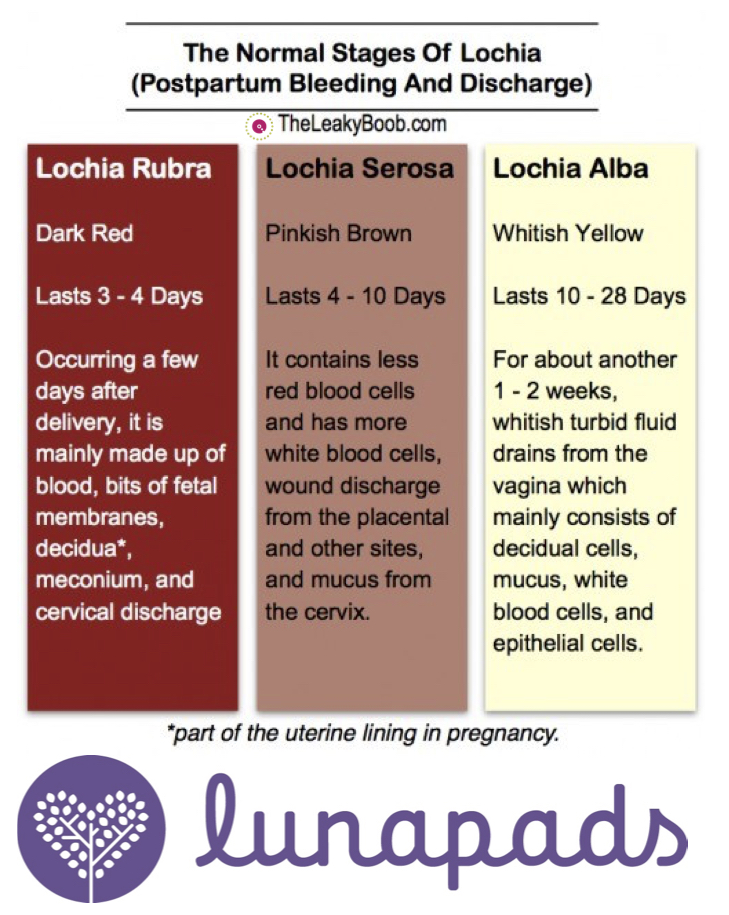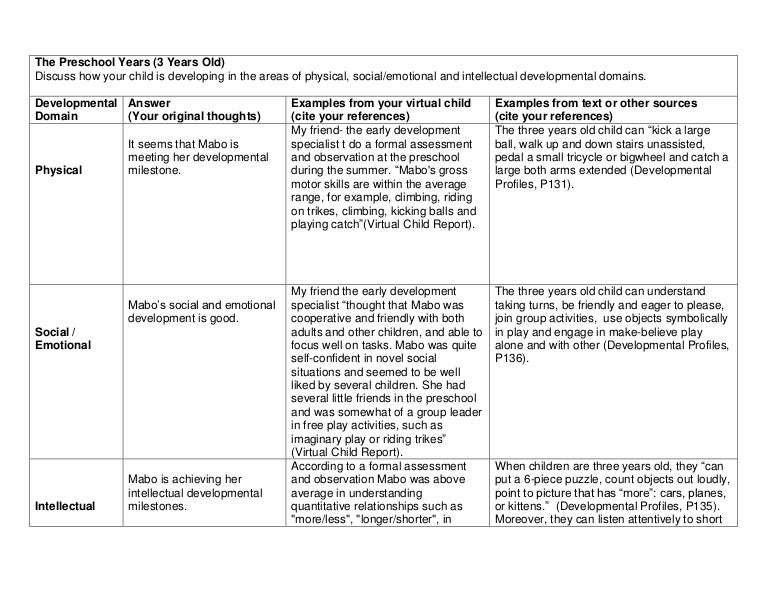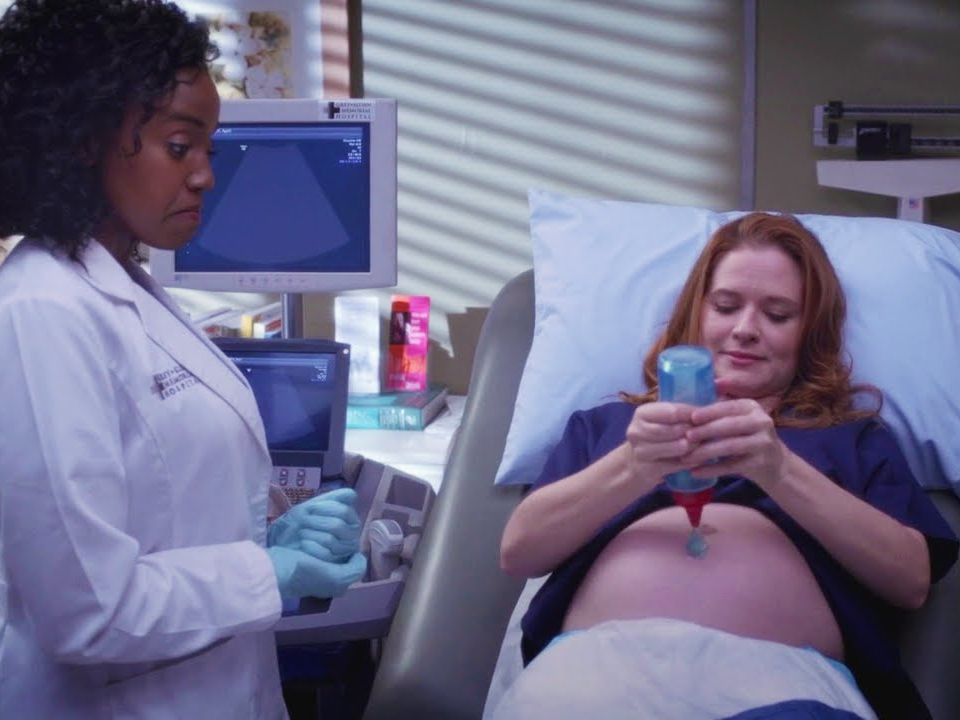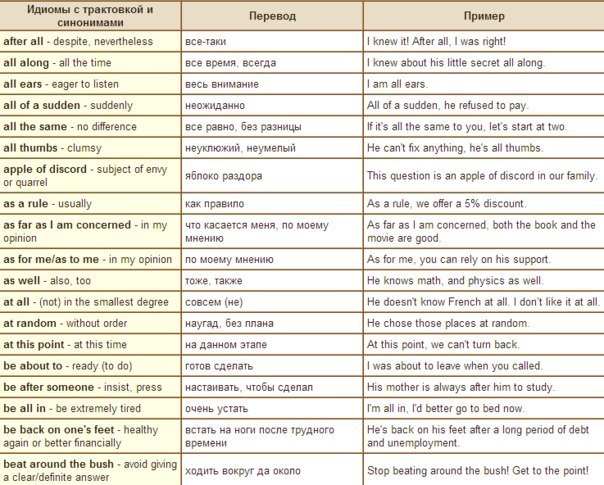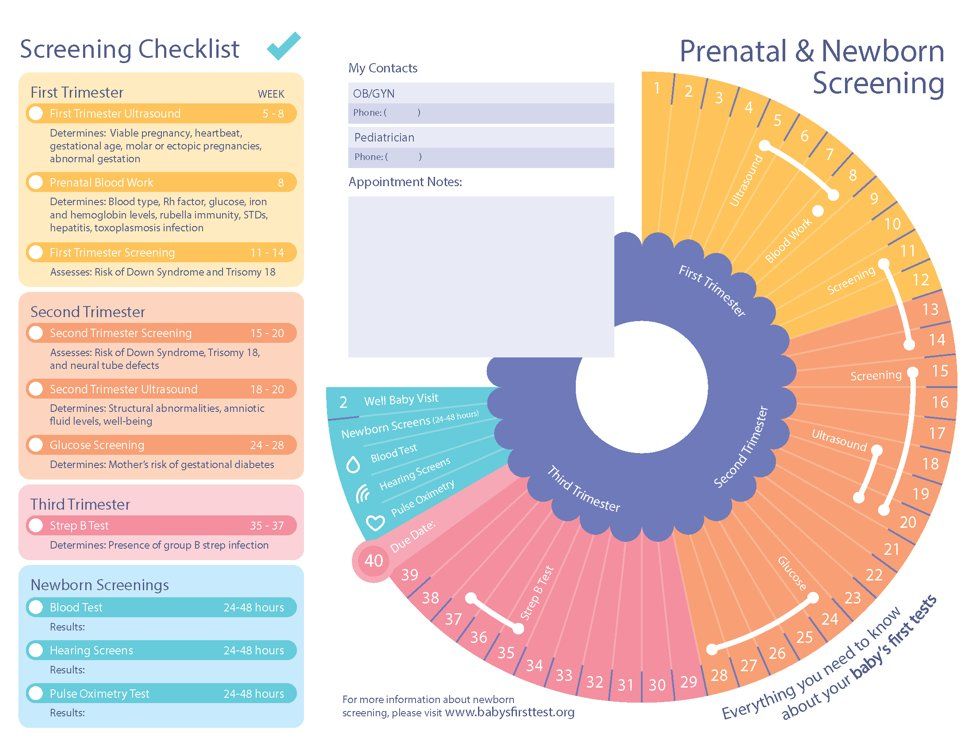How to protect child rights
Child rights: Facts, FAQs, and how to help
Around the world, child rights are a topic of concern in every country. Every child, regardless of age, race, gender, wealth, or birthplace, deserves not just to live, but to thrive. Yet millions of children’s basic rights are denied and their childhoods are stolen from them by abuse, exploitation, or slavery.
Many violations children face are a consequence of exploitative practices and education gaps in both developed and developing communities. But poverty, exploitation, and violence are not inevitable. With enlightened support from governments, civil society, and religious groups, vulnerable children can flourish and reach their highest potential.
Child rights timeline
1830s — The United States begins to regulate and limit child labor.
1924 — The League of Nations adopts the Declaration of the Rights of the Child. The short document recognizes that “mankind owes to the child the best that it has to give. ” The declaration is the precursor to later child rights measures by the United Nations.
1959 — The U.N. adopts an expanded Declaration of the Rights of the Child.
1962 — The publication of a study on battered-child syndrome in the U.S. leads to statutes making the reporting of child abuse and neglect mandatory for certain professionals such as doctors, teachers, and social workers.
1973 — Marian Wright Edelman founds the Children’s Defense Fund to conduct research and lobby for child welfare and rights in the U.S.
1974 — The U.S. Congress passes the Child Abuse Prevention and Treatment Act to fund state-level development of child protective services. The law is amended in 2010 to address issues around trafficking and then again in 2016 to incorporate the needs of children affected by substance abuse.
1989 — The U.N. adopts the Convention on the Rights of the Child, which has been ratified by more countries than any other human rights agreement.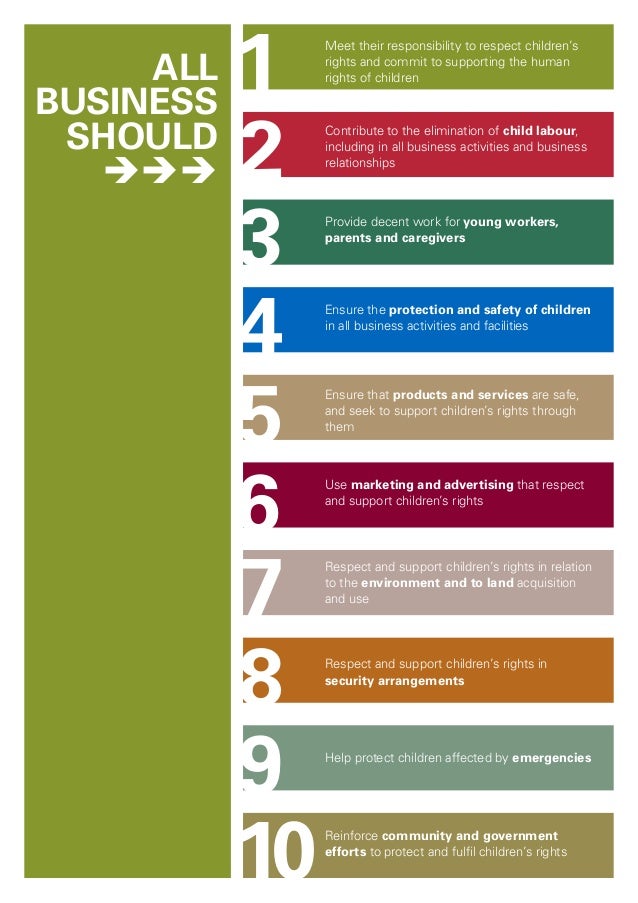
1994 — U.S. Ambassador to the U.N. Madeleine Albright signs the Convention on the Rights of the Child on behalf of the U.S. The Convention has yet to be ratified by Congress.
1999 — The U.N. adopts the Worst Forms of Child Labor Convention.
2000 — The U.N. adopts protocols forbidding child prostitution, child pornography, the sale of children, and the involvement of children in armed conflict. These were unanimously ratified by the U.S. Senate in 2002.
Facts and FAQs: What you need to know about child rights
Here are facts about some of the ways children are exploited and answers to questions about child rights.
- Fast facts: Child rights violations
- What are child rights?
- How are children deprived of their rights?
- Is progress being made in protecting children’s rights?
- What can I do to protect children worldwide?
- What is World Vision doing to promote and protect child rights?
Fast facts: Child rights violations
- About 1 billion children ages 2 to 17 are estimated to have experienced physical, sexual, or emotional violence or neglect during 2015.
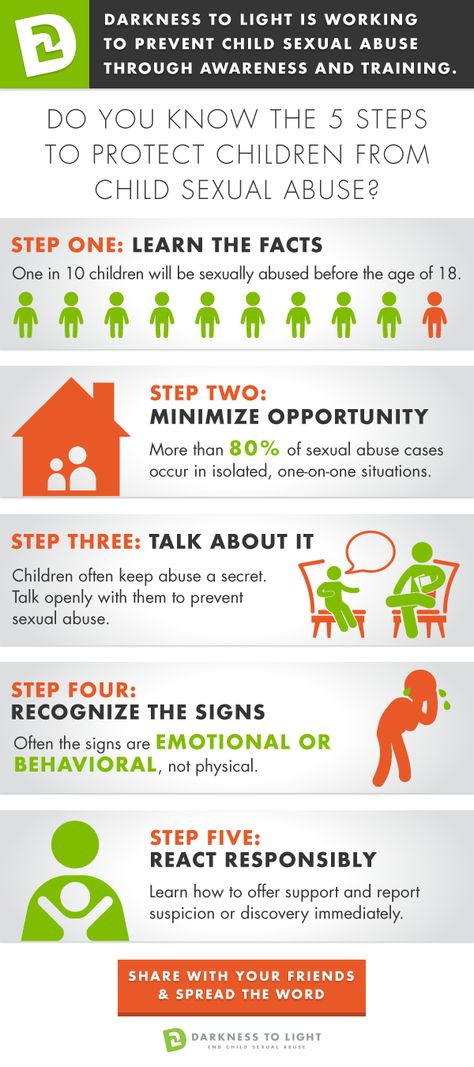
- 152 million children are engaged in child labor; 73 million work under hazardous conditions.
- 41% of girls in least-developed countries are married before age 18. Of the 47 least-developed countries, 33 are in Africa.
- A World Bank study indicates that as many as three in 10 children with disabilities have never been in school.
- 200 million women and girls have experienced female genital mutilation.
- Children with disabilities are almost four times more likely to experience physical or sexual violence.
- About 126 million girls are “missing” around the world due to a preference for sons and prenatal sex selection.
- About one billion children ages 2 to 17 are estimated to have experienced physical, sexual, or emotional violence or neglect during 2015.
BACK TO QUESTIONS
What are child rights?
Child rights are human rights that also recognize the special needs for care and protection of minors — generally defined as anyone younger than 18.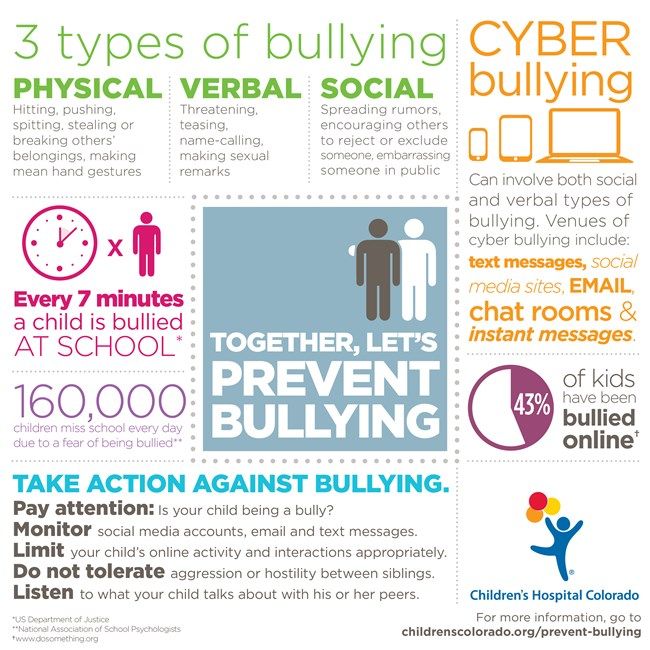
International agreements on child rights say that all children should grow up in the spirit of peace, dignity, tolerance, freedom, equality, and solidarity. In an ideal world, these tenets would direct each country’s systems of education, health, law, and social services. Unfortunately, this is not always the case.
BACK TO QUESTIONS
How are children deprived of their rights?
Child labor, child marriage, children recruited into armed conflicts, and other forms of oppression deprive children of their rights. Children are also deprived of their rights when their birth is not recorded, so they don’t have a birth certificate, or when they are forced to flee conflict.
The International Labor Organization (ILO), estimates that 152 million children are working as child laborers around the world. These children are denied the opportunity to go to school, play with friends, or receive the right nutrition and care for a healthy and fulfilled life; instead, they are forced to work long hours for little reward.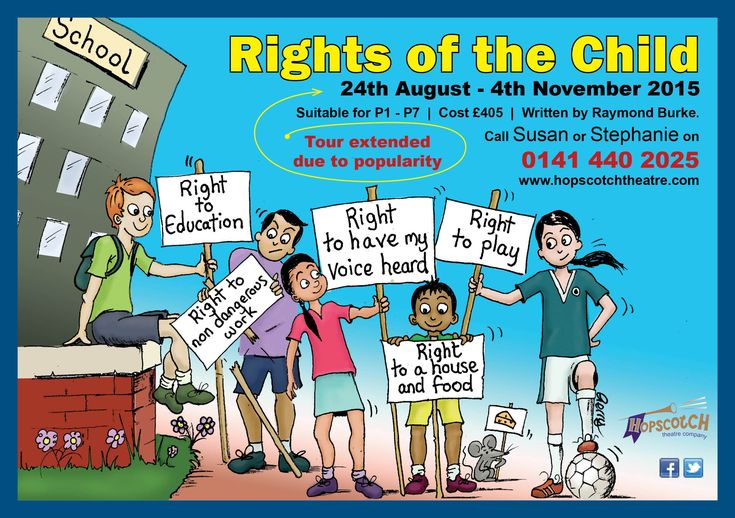
Millions of children are being exploited through mentally and physically dangerous work that involves hazardous workplaces and other exploitative acts such as slavery, drug trafficking, prostitution, and armed conflict. These environments negatively impact a child’s well-being and development and often deny the child’s right to health and survival, protection, and education.
BACK TO QUESTIONS
Is progress being made in protecting children’s rights?
Yes, improvements in child mortality, healthcare, and school attendance are some of the signs that children’s rights concerns are receiving greater recognition. These are aspects of human development that give children a brighter future.
Globally, progress is also being made against some of the worst violations of children’s rights. For example, in the past decade, 25 million child marriages have been prevented, according to UNICEF, the U.N. children’s agency.
The U.N. reported in June 2019 that 13,600 child soldiers were released and participated in reintegration programs in 2018, up from 12,000 children the year before.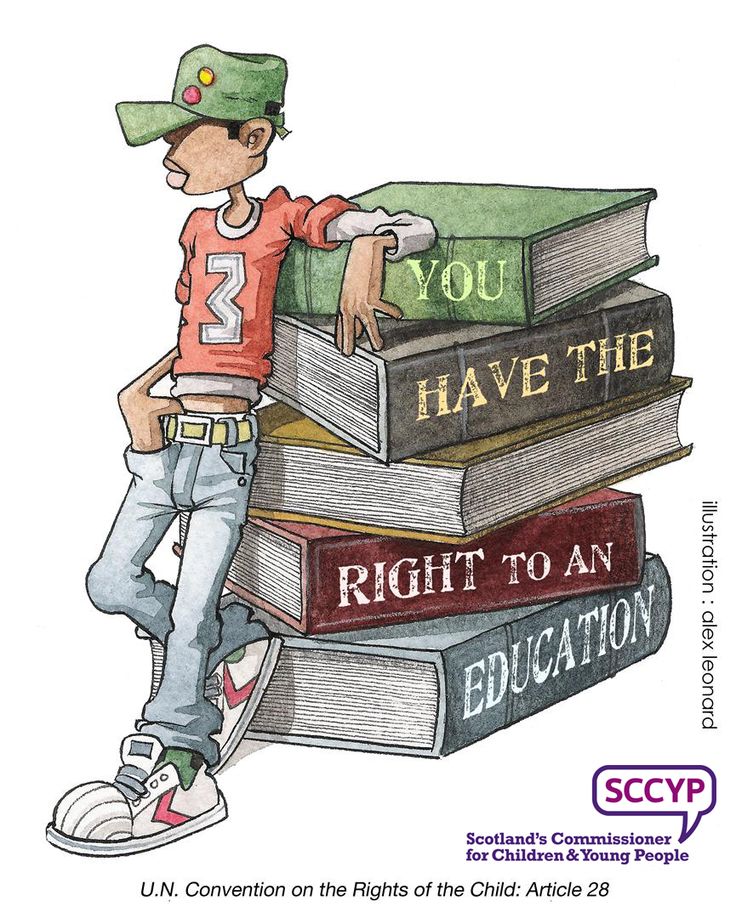 Still, nearly 240 million children are living in countries affected by conflict, and many are at risk of being recruited as child soldiers. Sadly, 12,000 children were killed or maimed in conflict in 2018.
Still, nearly 240 million children are living in countries affected by conflict, and many are at risk of being recruited as child soldiers. Sadly, 12,000 children were killed or maimed in conflict in 2018.
Child labor and female genital mutilation are also declining, but progress against the practices vary greatly in different countries.
BACK TO QUESTIONS
What can I do to protect children worldwide?
- Pray for vulnerable children. Pray that boys’ and girls’ rights will be protected.
- Make a one-time donation to our child protection fund. You can help prevent abuse and restore children’s physical and emotional health.
- Sponsor a child today. By investing in a child’s life, you’ll provide the protection and resources they need become a healthy, productive adult.
BACK TO QUESTIONS
What is World Vision doing to promote and protect children’s rights?
At World Vision, we believe every child deserves a childhood, surrounded by protective families and communities, free from violence, and with the opportunity to thrive and the experience the abundant life Jesus promised.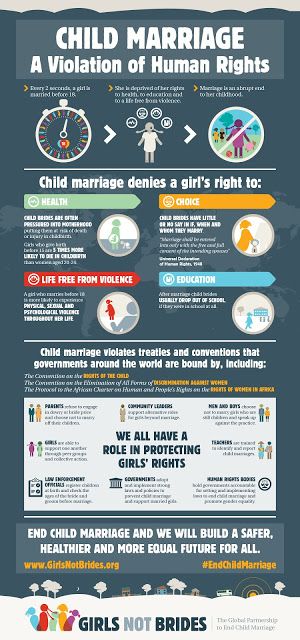
We are a global leader in empowering families and their communities to protect children’s rights. Our community engagement model enables us to address the complex root causes of problems that rob children of their childhood. We engage all people who have a responsibility to protect children, starting with families, faith communities, and extending to teachers, local and traditional leaders, police officers, hospitals, government agencies, and courts of law.
Our interventions focus on improving laws and accountability, increasing social services and associated social supports, encouraging behavior and attitude change, and strengthening child resilience.
World Vision advocates protection for children to ensure they are healthy, protected, and thriving. We regularly call on governments, communities, parents, religious groups, and citizens to “speak up and defend the rights of the poor and needy.” (Proverbs 31:9) It is up to all of us to do all we can to protect the most vulnerable in our communities.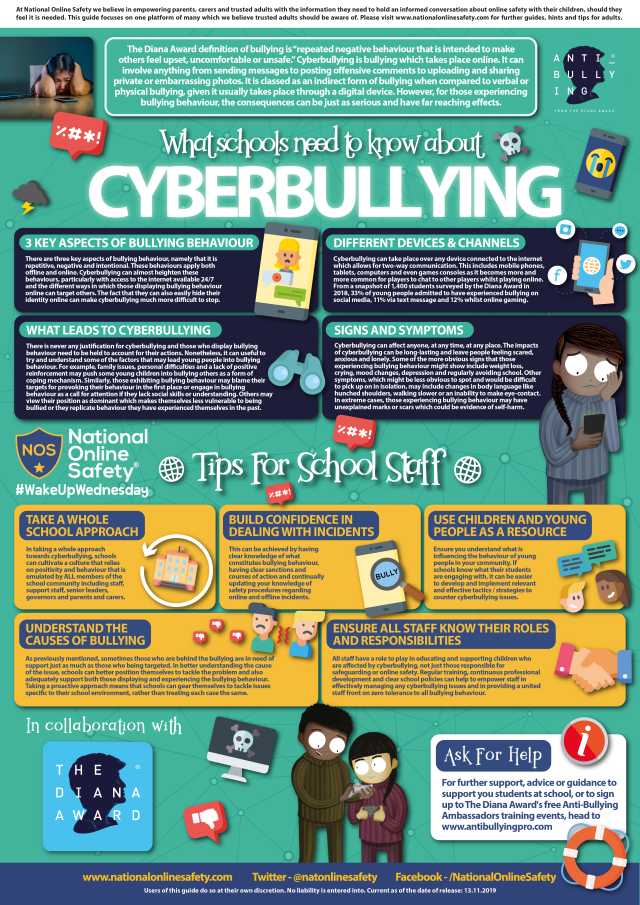
When children’s rights are protected, they stand a much better chance of growing up in a society that allows them to thrive.
At World Vision, we see children as agents of transformation. We partner with communities on citizen- and child-led projects to help them escape abuse, forced labor, and conflict. We work to equip and mobilize faith leaders and communities to challenge harmful norms and injustices against children. We help them to build a brighter future for themselves and their children.
We have a responsibility for the children who participate in our sponsorship and relief programs. We teach children about their rights, equipping them with the skills to speak up for themselves and educating their communities about what is and what isn’t acceptable behavior towards children.
We push for policy change at local, national, and global levels so we can impact the largest number of children possible with our work and program implementation.
World Vision initiatives and outcomes in child protection include:
- In 2018, 832 young people attended alternative rites of passage in West Pokot, Kenya.
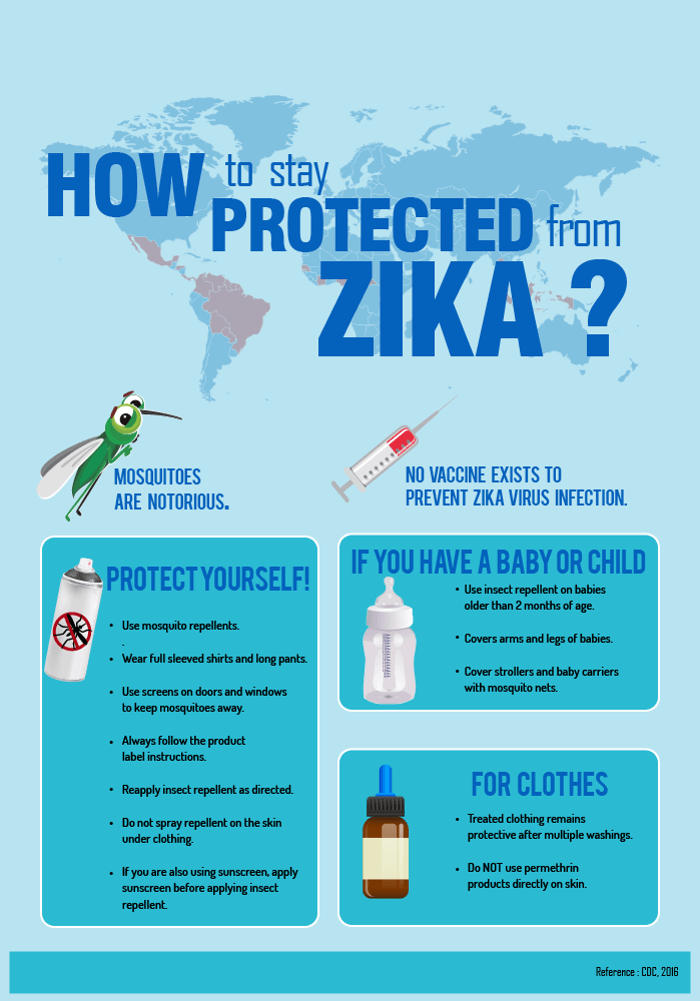 The World Vision program teaches young people about health, education, child rights, and how to avoid female genital mutilation and cutting (FGM/C). More than 150,000 people were reached with other anti-FGM/C activities including awareness events and 10 radio shows.
The World Vision program teaches young people about health, education, child rights, and how to avoid female genital mutilation and cutting (FGM/C). More than 150,000 people were reached with other anti-FGM/C activities including awareness events and 10 radio shows. - More than 170,000 people in Guatemala have taken part in World Vision programs promoting community development and violence prevention. The five-year Community Roots Project is giving young people who might otherwise migrate to the U.S. hope for their opportunities to succeed in their home community.
- In the last 5 years, World Vision has informed over 1,837,878 children and adults about the risks of exploitation, abuse, traffickers’ ploys, and how to keep children from harm.
- In Cambodia alone, we have provided more than 1,500 child survivors of sexual exploitation and abuse with shelter and recovery care to heal and return to family and community life.
- In the Philippines, World Vision’s work on child labor saw over 52,000 children receive education and livelihood services, resulting in an 86% reduction in child labor among participants.
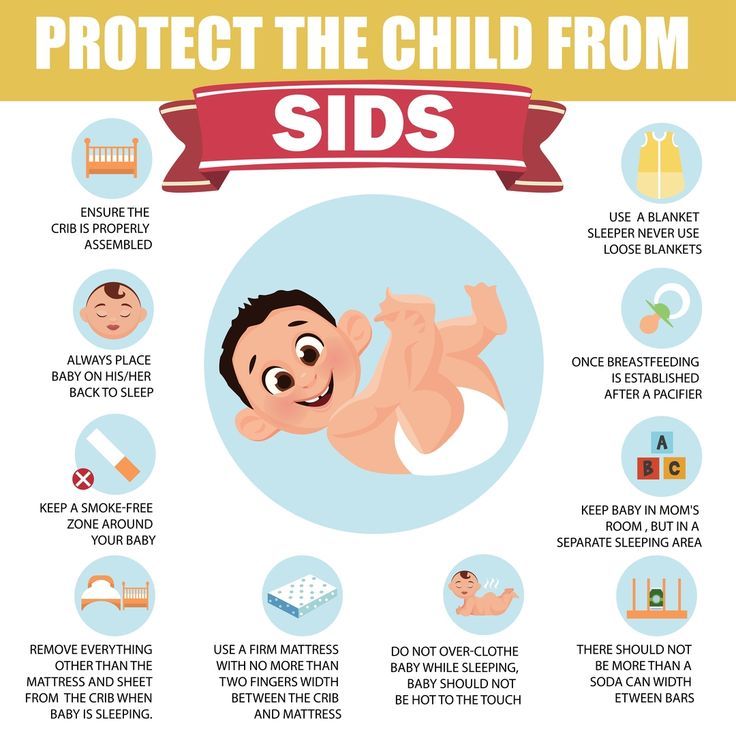 Since 2010, World Vision has equipped and mobilized 30,669 local leaders, parents, teachers, and police officers with the education needed to recognize, report and respond to crimes against children, fostering community-wide protection schemes and saving the lives of countless children.
Since 2010, World Vision has equipped and mobilized 30,669 local leaders, parents, teachers, and police officers with the education needed to recognize, report and respond to crimes against children, fostering community-wide protection schemes and saving the lives of countless children.
BACK TO QUESTIONS
World Vision staff in Australia contributed to this article.
Child protection | UNICEF
Programme
Every child has the right to live free from violence, exploitation and abuse.
UNICEF/UNI308041/Schermbrucker
Children experience insidious forms of violence, exploitation and abuse. It happens in every country, and in the places children should be most protected – their homes, schools and online. Violence against children can be physical, emotional or sexual. And in many cases, children suffer at the hands of the people they trust.
Children in humanitarian settings are especially vulnerable. During armed conflict, natural disasters and other emergencies, children may be forced to flee their homes, some torn from their families and exposed to exploitation and abuse along the way.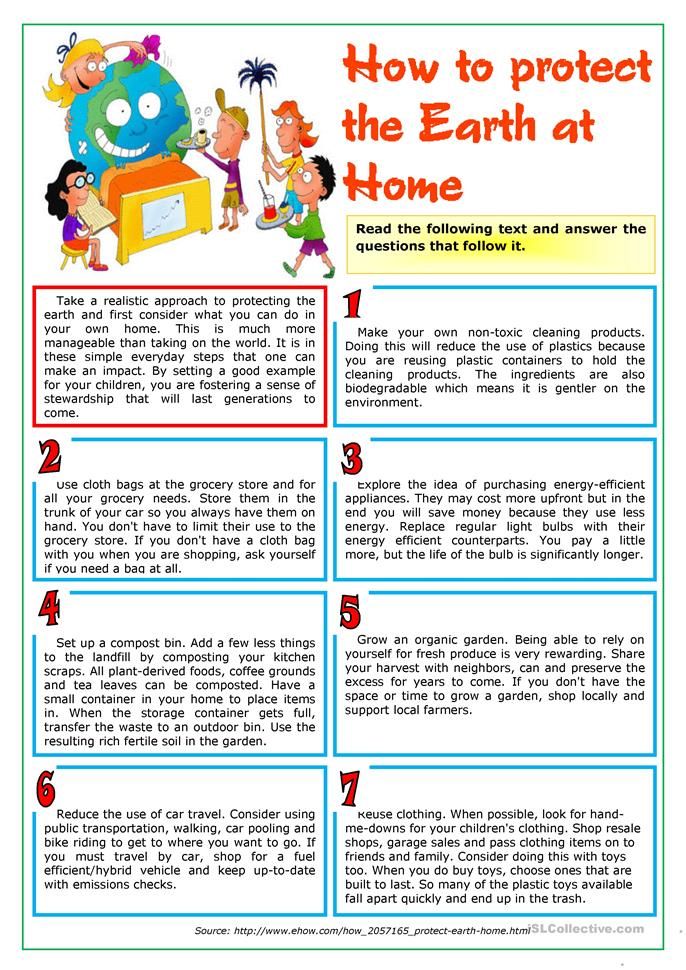 They risk injury and death. They may be recruited by armed forces. Especially for girls and women, the threat of gender-based violence soars.
They risk injury and death. They may be recruited by armed forces. Especially for girls and women, the threat of gender-based violence soars.
Harmful cultural practices pose another grave risk in various parts of the world. Hundreds of millions of girls have been subjected to child marriage and female genital mutilation – even though both are internationally recognized human rights violations.
No matter the circumstance, every child has the right to be protected from violence, exploitation and abuse. Child protection systems connect children to vital social services and fair justice systems – starting at birth. They provide care to the most vulnerable, including children uprooted by conflict, poverty and disaster; victims of child labour or trafficking; and those who live with disabilities or in alternative care. Above all, protecting children means protecting their physical, mental and psychosocial needs to safeguard their futures.
How UNICEF responds
Topics in child protection
Child labour
Economic hardship exacts a toll on millions of families worldwide – and in some places, it comes at the price of a child’s physical safety.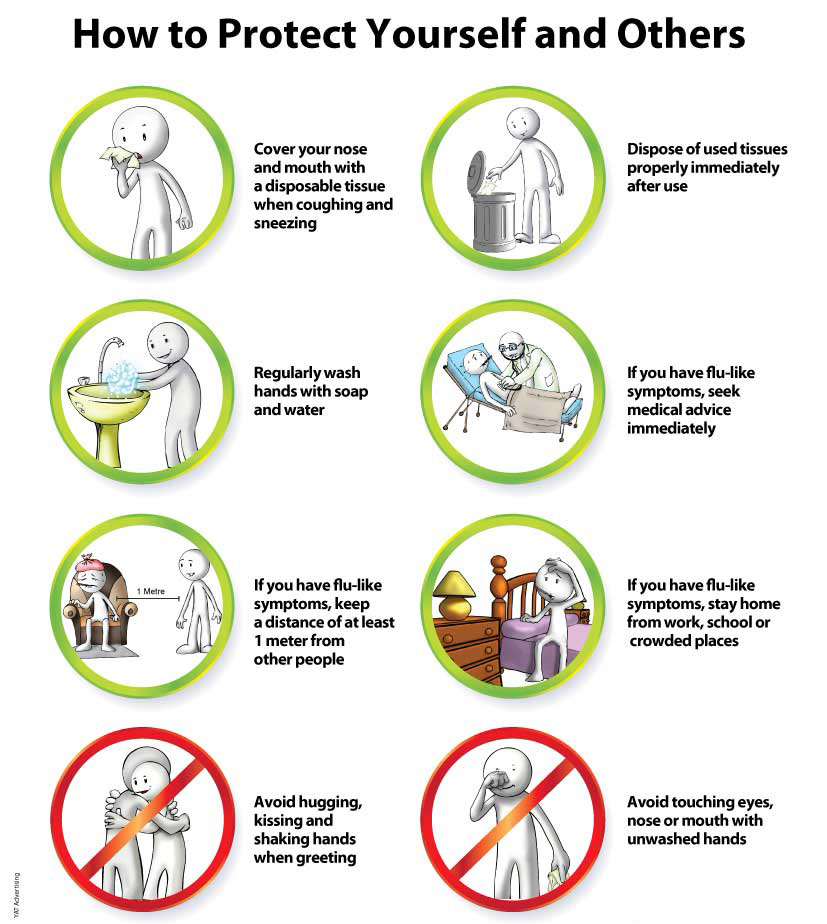 Nearly 1 in 10 children across the globe are subjected to child labour, almost half of whom are in hazardous forms of work.
Nearly 1 in 10 children across the globe are subjected to child labour, almost half of whom are in hazardous forms of work.
Learn more
Child marriage
Child marriage robs girls of their childhood and threatens their well-being. Girls who marry before 18 are more likely to experience domestic violence and less likely to remain in school. They have worse economic and health outcomes than their unmarried peers, which are eventually passed down to their own children, further straining a country’s capacity to provide quality health and education services.
Learn more
Female genital mutilation
Despite being internationally recognized as a human rights violation, female genital mutilation (FGM) has been performed on at least 200 million girls and women across the globe. Numerous factors contribute to the prevalence of the practice. Yet in every society in which it occurs, FGM is a manifestation of entrenched gender inequality. FGM can lead to serious health complications and even death.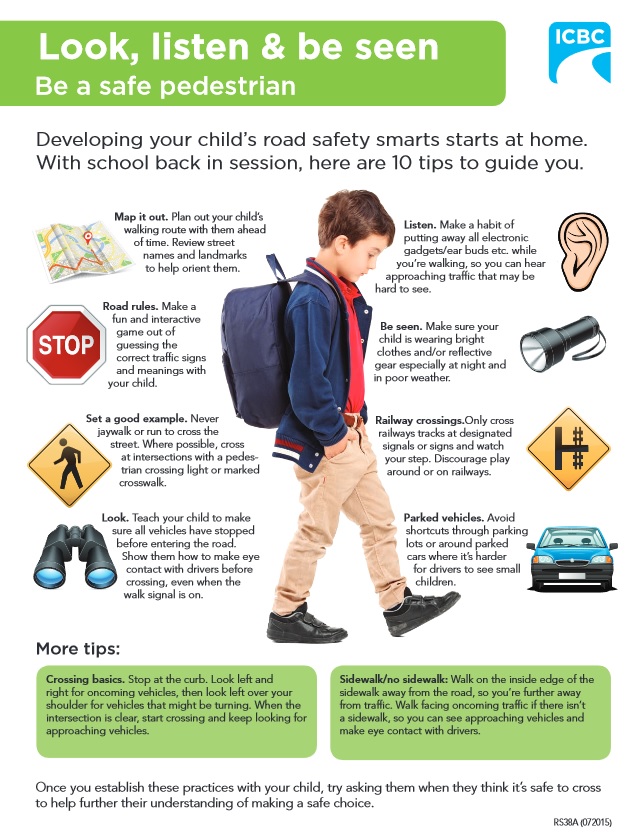
Learn more
Violence against children
Violence against children takes many forms. It can be physical, emotional or sexual. It happens in all countries and any setting – in a child's home, community, school or online. And for many children, violence comes at the hands of the people they trust.
Learn more
Gender-based violence
Gender-based violence is the most pervasive yet least visible human rights violation in the world. It includes physical, sexual, mental or economic harm inflicted on a person because of socially ascribed power imbalances between males and females. In emergency settings, the risk of gender-based violence soars.
Learn more
Children recruited by armed forces
Thousands of children are recruited and used in armed conflicts across the world. Often referred to as “child soldiers,” these boys and girls suffer extensive forms of exploitation and abuse that are not fully captured by that term.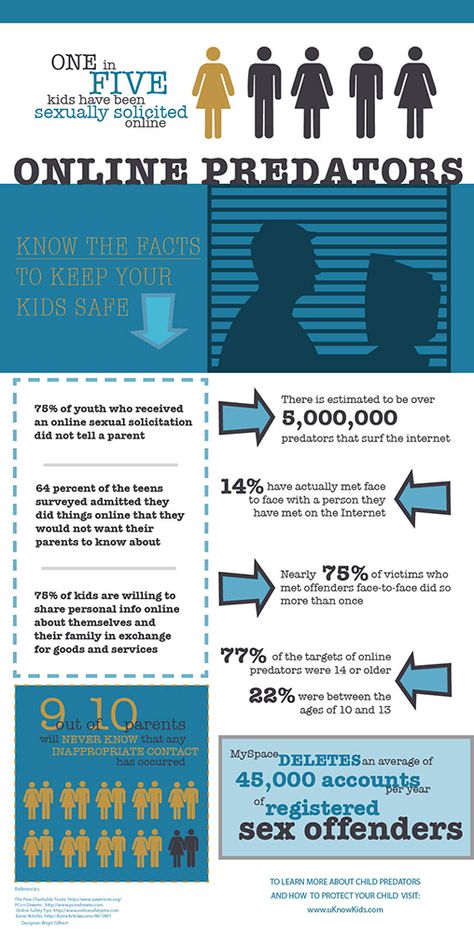 Warring parties use children not only as fighters, but as scouts, cooks, porters, guards, messengers and more.
Warring parties use children not only as fighters, but as scouts, cooks, porters, guards, messengers and more.
Learn more
Migrant and displaced children
Millions of children are on the move. Some are driven from their homes by conflict, poverty or climate change. Others leave in the hope of finding a better life. Far too many encounter danger, detention, deprivation and discrimination on their journeys, at destination or upon return.
Learn more
Explosive weapons and remnants of war
Explosive weapons kill and injure thousands of civilians each year, during and after armed conflict. Children account for roughly half of the casualties from explosive ordnance. Child survivors endure staggering physical injury and psychological trauma. But explosive weapons also inflict severe harm on children indirectly: They destroy vital infrastructure – like water pipelines, sanitation facilities, hospitals and schools – cutting children off from essential services.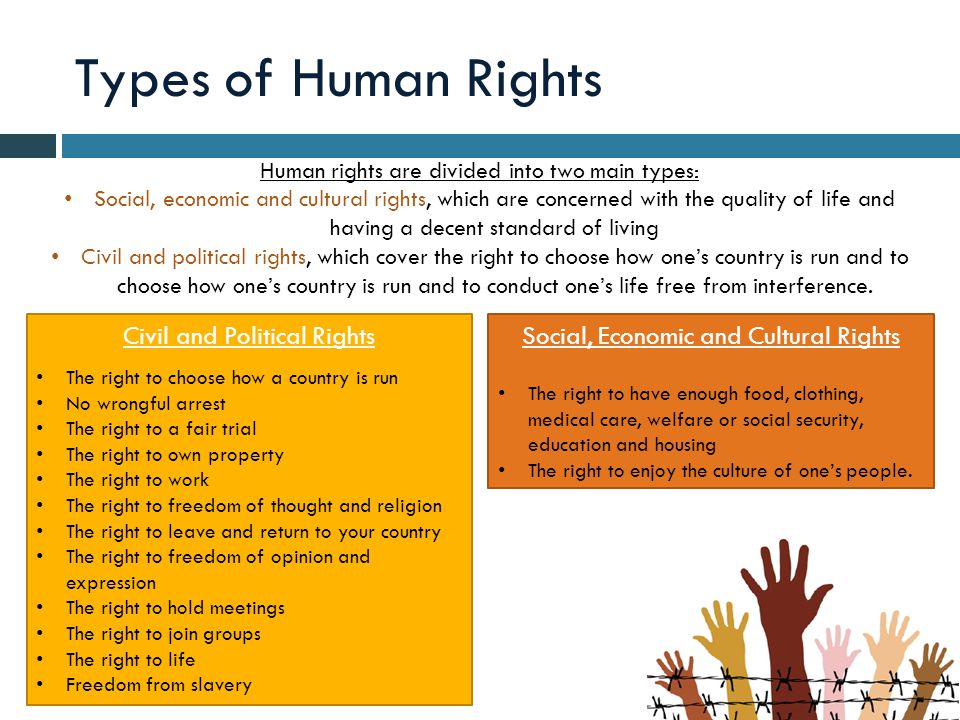
Learn more
Family separation during crisis
Violent conflicts, natural disasters and other crises force thousands of girls and boys from their parents and caregivers each year. Some children are separated from their families during the chaos of a humanitarian emergency. Others may be pulled away by parties involved in a violent conflict. Those who receive early support in tracing their relatives are more likely to be reunified.
Learn more
Children in alternative care
Every child has the right to grow up in a supportive family environment. But worldwide, an estimated 2.7 million children live in residential care – and the actual figure is likely much higher. Growing up in an institution puts children at risk of physical, emotional and social harm.
Learn more
Mental health and psychosocial support
Children exposed to conflict, natural disasters and other humanitarian crises can suffer severe psychological and social consequences.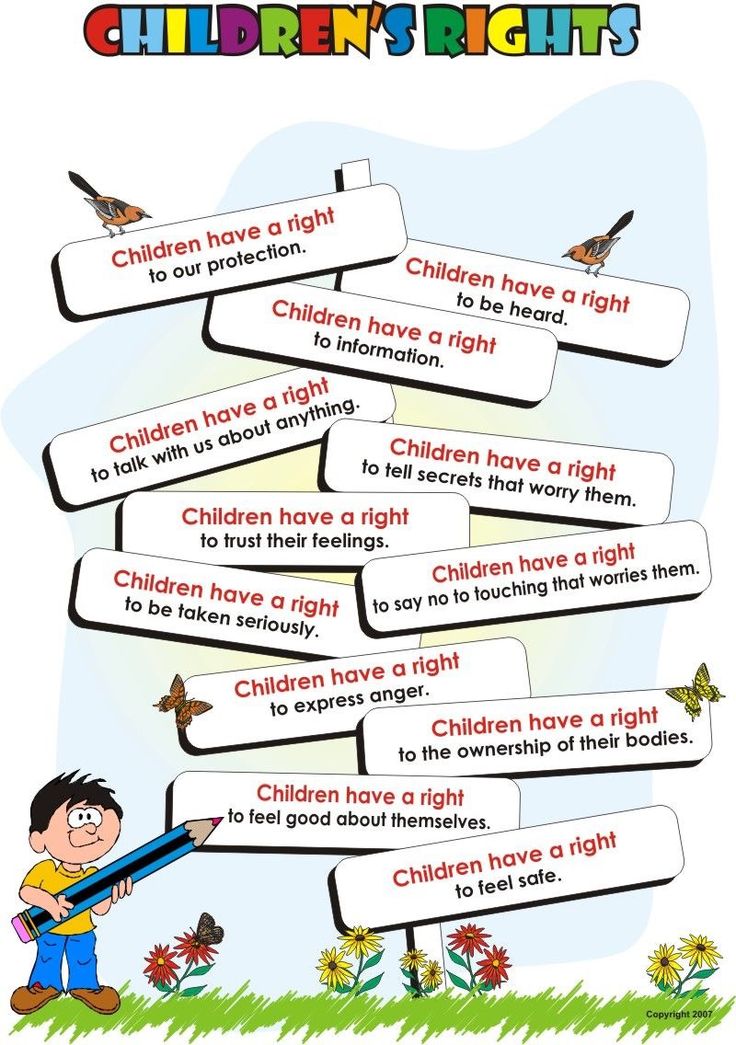 Mental health and psychosocial support for children affected by emergencies is essential.
Mental health and psychosocial support for children affected by emergencies is essential.
Learn more
Sexual exploitation and abuse
In areas affected by conflict, natural disasters and other emergencies, people trust aid workers to assist and protect them. The vast majority do so with professionalism and integrity. But some aid workers abuse their position of power through the sexual exploitation and abuse of those who depend on them, including children.
Learn more
Birth registration
Every child has the right to a legal identity, but a quarter of children born today do not “officially” exist. These children are deprived of birth certificates – their first legal proof of identity – simply because their parents cannot afford it, cannot reach it, or face some other barrier to learning about and accessing registration services.
Learn more
Justice for children
Across the world, millions of children interact with justice systems every year. They could be victims or witnesses to a crime. They could be alleged, accused or recognized as having broken the law. They could be in need of care or safety, or seeking to protect their rights. But justice systems do not always fulfil the promise of fairness. And in some places, they fail to uphold children's most basic rights.
They could be victims or witnesses to a crime. They could be alleged, accused or recognized as having broken the law. They could be in need of care or safety, or seeking to protect their rights. But justice systems do not always fulfil the promise of fairness. And in some places, they fail to uphold children's most basic rights.
Learn more
Social service workers
Social service workers are often the first line of response for children in harm's way. Working closely with children and families, they identify and manage risks that children may be exposed to at home and elsewhere, especially those related to violence, abuse, exploitation, neglect, discrimination and poverty.
Learn more
What we do
UNICEFUNICEF works in more than 150 countries to protect children from violence, exploitation and abuse. We partner with governments, businesses, civil-society organizations and communities to prevent all forms of violence against children, and to support survivors, including with mental health and psychosocial services. Our efforts strengthen child protection systems to help children access vital social services, from birth through adolescence.
We partner with governments, businesses, civil-society organizations and communities to prevent all forms of violence against children, and to support survivors, including with mental health and psychosocial services. Our efforts strengthen child protection systems to help children access vital social services, from birth through adolescence.
During a humanitarian crisis, we provide leadership and coordination for all actors involved in the response. Our programming focuses on protecting children from explosive weapons and remnants of war; reunifying separated children with their families; releasing and reintegrating children associated with armed groups; preventing and addressing gender-based violence; and safeguarding children from sexual exploitation and abuse. We also work with United Nations partners to monitor and report grave violations of children’s rights in armed conflict.
Alongside communities, we accelerate the elimination of harmful practices, such as child marriage and female genital mutilation.
We also support governments with policy, legislation and regulatory frameworks that give more children access to vital social services and justice.
Throughout all we do, we listen to young people to ensure their needs drive our programming and advocacy. Our initiatives support parents and caregivers, and build alliances at the local and global levels to leverage knowledge, raise awareness and encourage action.
Our strategy
Read our global strategy to help protect children from violence, exploitation and abuse.
Our results
Explore our latest global results in child protection.
Our initiatives and partnerships
The Alliance for Child Protection in Humanitarian Action
The Alliance is a global, interagency group that works across humanitarian sectors to set standards and provide technical support for protecting children.
UNFPA-UNICEF Global Programme to End Child Marriage
The girls at greatest risk of early marriage are often those hardest to reach. In 2016, UNICEF and UNFPA launched a global programme to tackle child marriage in 12 of the most high-prevalence and high-burden countries.
In 2016, UNICEF and UNFPA launched a global programme to tackle child marriage in 12 of the most high-prevalence and high-burden countries.
UNFPA-UNICEF Joint Programme on the Elimination of FGM
Female genital mutilation persists for various reasons, including cultural and economic factors that make it difficult for communities to abandon the practice. But it cannot forever withstand the voices of survivors mobilizing to change beliefs. UNICEF and UNFPA work to tackle FGM through interventions in 17 countries.
Publications and resources
UNICEF Fact Sheet
Children with Disabilities
See the full report
Protect, Prepare, Prioritize
A call to action on climate and children
See the full report
The violence prevention dividend
Why preventing violence against children makes economic sense
See the full report
25 Years of Children and Armed Conflict
Taking action to protect children in war
See the full report
See all
Data and research
News and features
Something to smile about
Looking back on moments this year that made children smile
Read the story
UNICEF calls for the protection of children against all forms of violence in Iran amid public unrest
Read now
UNICEF is deeply saddened by tragic shooting at early childhood development centre in Thailand
Read now
At least 11 schoolchildren killed in Myanmar attack
Read now
How to protect the rights of minors?
Expert advice
In accordance with Art.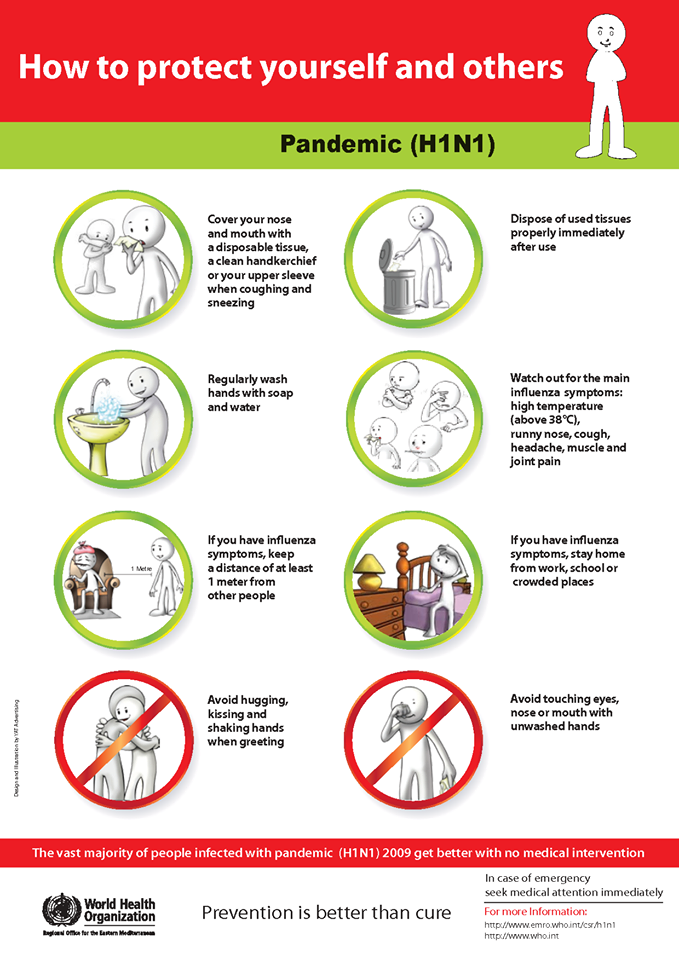 56 of the Family Code of the Russian Federation (hereinafter referred to as the RF FC), a child has the right to protect his rights and legally protected interests, which is carried out in the manner prescribed by law, i.e. through the use of appropriate form and means of protection.
56 of the Family Code of the Russian Federation (hereinafter referred to as the RF FC), a child has the right to protect his rights and legally protected interests, which is carried out in the manner prescribed by law, i.e. through the use of appropriate form and means of protection.
The provisions of this article establish that the protection of the rights and legitimate interests of the child is carried out by the parents (persons replacing them), and in the cases provided for by this Code, by the guardianship and guardianship authority, the prosecutor and the court. A minor, recognized in accordance with the law as fully capable before reaching the age of majority, has the right to independently exercise his rights and obligations, including the right to protection. nine0003
In addition, the child also has the right to be protected from abuse by parents (persons replacing them).
In particular, if the rights and legitimate interests of the child are violated, including if the parents (one of them) fail to fulfill or improperly fulfill the duties of raising, educating the child, or if parental rights are abused, the child has the right to independently apply for their protection to the guardianship and guardianship authority and upon reaching the age of fourteen years in court.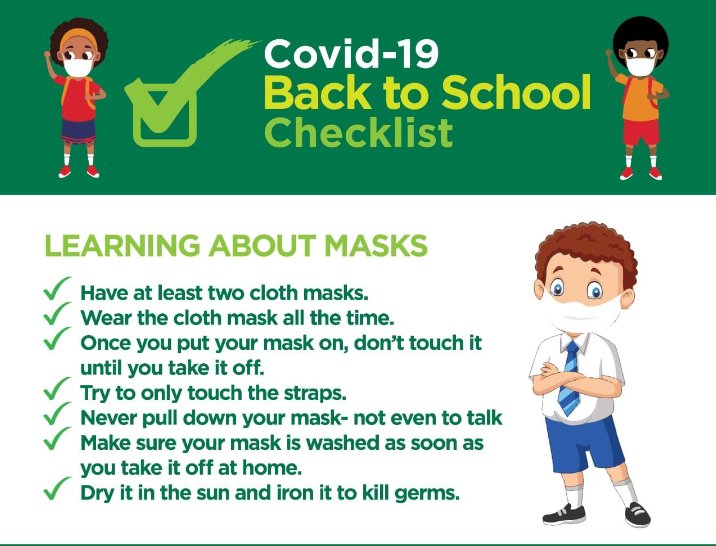 nine0003
nine0003
So a child who has reached the age of 14 has the right to go to court if his parents violate his property or personal non-property rights:
The subjects involved in the implementation, protection and protection of the rights of the child, both in court and out of court, include:
- parents (one of them)
- substitute parents (guardian, custodian, adoptive parent, foster caregiver, adoptive parent)
- guardianship authorities
- Inspectorate for juvenile affairs and protection of their rights
- prosecutor
- Commissioner for Children's Rights
- Commissioner for Human Rights
- actual caregivers
- persons who discovered the abandoned, abandoned child
- other persons and bodies on which the law of the Russian Federation is obliged to participate in the implementation, protection and protection of the rights of the child.

At the same time, the scope of powers of the persons mentioned above varies.
For example, parents and adoptive parents have the widest range of powers. These persons have the right to exercise any right of the child, which he cannot independently exercise.
In turn, the scope of powers of guardians, trustees, adoptive parents is less than the scope of powers of parents and/or adoptive parents. nine0003
These persons act within the limits of the legislation and the agreement concluded with the guardianship and guardianship authorities or the founder of the trust management.
However, in case of violation of the rights of the child by the parents, adoptive parents, or guardians or trustees, the duty to protect them lies primarily with the guardianship and guardianship authorities, as well as the prosecutor, who are obliged to protect the rights of the child, including in court:
- if it is necessary to collect alimony from parents / guardians in case of refusal of the latter to support the child
- in case of violation of the property rights of minors and changes in housing conditions
- in case of violation of the rights of orphans and adopted children
- in case of violation of the rights of children with disabilities and children with disabilities
- in case of violation of the non-property rights of minors (the right to education, change of surname and name, to communicate with both parents in the event of a divorce, etc.
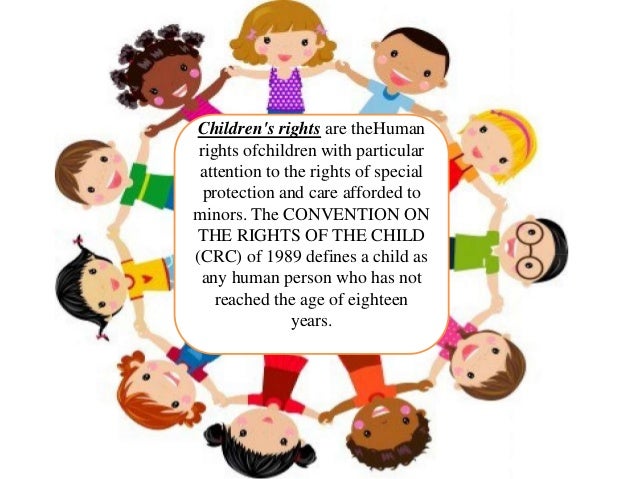 ).
).
It should be noted separately that the sphere of competence of the guardianship and guardianship authorities in all cases is entrusted with control over the actions of parents / guardians / trustees regarding the property rights of children. nine0003
In particular, there are a number of transactions, the conclusion of which is impossible without the approval of guardianship and guardianship authorities (Article 53 of the Civil Code of the Russian Federation, Article 121 of the Investigative Committee of the Russian Federation), and which are aimed:
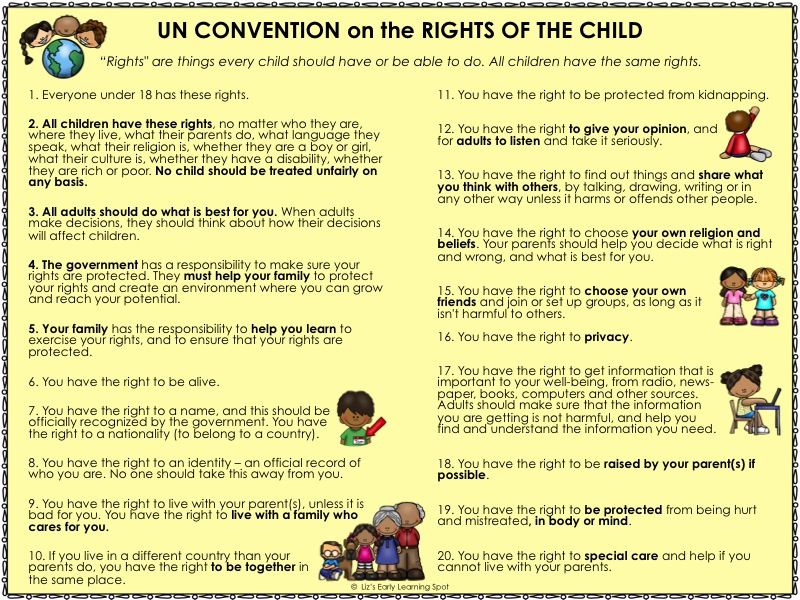
Violation of the procedure for obtaining permission from the guardianship and guardianship authorities or ignoring the opinion of these authorities on the part of parents / guardians, gives the right to the guardianship or guardianship authorities, or the prosecutor to apply to the court with a request to recognize these transactions as invalid, using restitution, in the form of the return of alienated property to ownership minor. nine0003
In addition, the guardianship and guardianship authorities and the prosecutor are also empowered to file a claim with the court for the deprivation of parental rights, for the restriction of parental rights and for the recovery of alimony for children. The corresponding requirement of the body of guardianship and guardianship is drawn up by a statement of claim to the court.
Also, the duties of the prosecutor, guardianship and guardianship authorities, in order to protect the legitimate rights and interests of children, as well as to give an opinion on the case, include mandatory participation in the consideration of cases by the courts:
- on the exercise of parental rights by a parent living separately from the child
- on deprivation of parental rights and on restoration of parental rights
- on the restriction of parental rights and on the abolition of the restriction of parental rights
- on establishing the adoption of a child
- on the cancellation of the adoption of a child.

Summarizing the above, we can conclude that the judicial protection of the rights of the child in the Russian Federation is at a fairly high level. A legal framework has been created for the implementation of these rights. A system of social protection for various groups of the population, in particular children, is being developed. The social security system is also evolving. Various forms of assistance to children in difficult life situations are identified. nine0003
Rights of the child and forms of legal protection
- Home
- Information
- Prevention
13 July 2021
A child from birth owns and is guaranteed by the state the rights and freedoms of man and citizen, established by the Family Code of the Russian Federation. Chapter 11 of the RF IC contains a list of the rights of minor children. In particular, minor children have the right to:
In particular, minor children have the right to:
- live and be brought up in a family. Every child has the right to live and be brought up in a family, as far as possible, the right to know his parents, the right to be cared for by them, the right to live with them, except in cases where this is contrary to his interests. The child has the right to be raised by his parents, ensure his interests, comprehensive development, respect for his human dignity. In the absence of parents, in the event of deprivation of their parental rights and in other cases of loss of parental care, the child's right to be raised in a family is ensured by the body of guardianship and guardianship; nine0016
- communicate with parents and other relatives. The child has the right to communicate with both parents, grandparents, brothers, sisters and other relatives. The dissolution of the marriage of the parents, its annulment or the separation of the parents does not affect the rights of the child.
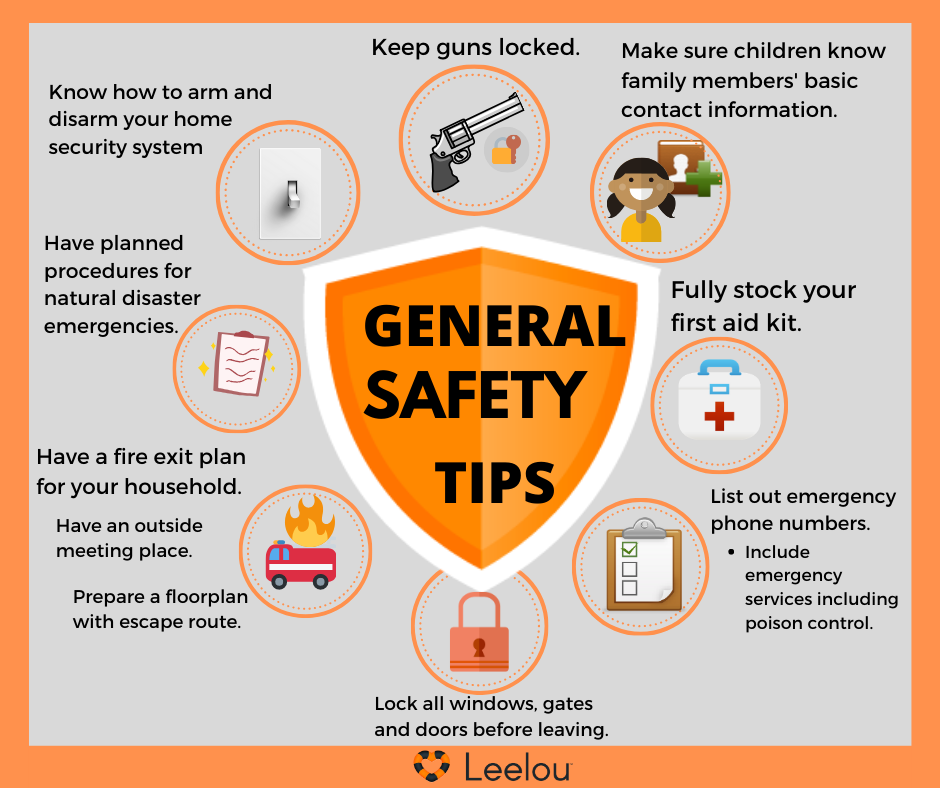 In the case of separation of parents, the child has the right to communicate with each of them. The child has the right to communicate with his parents also in the case of their residence in different states. A child in an emergency situation (detention, arrest, detention, stay in a medical institution, etc.) has the right to communicate with his parents and other relatives in the manner prescribed by law; nine0016
In the case of separation of parents, the child has the right to communicate with each of them. The child has the right to communicate with his parents also in the case of their residence in different states. A child in an emergency situation (detention, arrest, detention, stay in a medical institution, etc.) has the right to communicate with his parents and other relatives in the manner prescribed by law; nine0016 - protect their rights and legitimate interests. The protection of the rights and legitimate interests of the child is carried out by the parents (persons replacing them), and in cases provided for by the RF IC, by the guardianship and guardianship authority, the prosecutor and the court. A minor, recognized in accordance with the law as fully capable before reaching the age of majority, has the right to independently exercise his rights and obligations, including the right to protection. The child has the right to be protected from abuse by parents (persons replacing them).
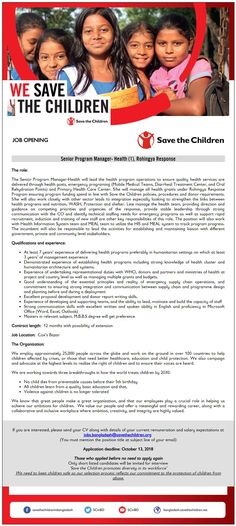 In case of violation of the rights and legitimate interests of the child, including in case of failure or improper performance by parents (one of them) of the duties of raising, educating the child or in case of abuse of parental rights, the child has the right to independently apply for their protection to the guardianship and guardianship body, and reaching the age of fourteen years - to the court. Officials of organizations and other citizens who become aware of a threat to the life or health of a child, a violation of his rights and legitimate interests, are obliged to report this to the guardianship and guardianship authority at the actual location of the child. Upon receipt of such information, the guardianship and guardianship body is obliged to take the necessary measures to protect the rights and legitimate interests of the child; nine0016
In case of violation of the rights and legitimate interests of the child, including in case of failure or improper performance by parents (one of them) of the duties of raising, educating the child or in case of abuse of parental rights, the child has the right to independently apply for their protection to the guardianship and guardianship body, and reaching the age of fourteen years - to the court. Officials of organizations and other citizens who become aware of a threat to the life or health of a child, a violation of his rights and legitimate interests, are obliged to report this to the guardianship and guardianship authority at the actual location of the child. Upon receipt of such information, the guardianship and guardianship body is obliged to take the necessary measures to protect the rights and legitimate interests of the child; nine0016 - Express your opinion. The child has the right to express his opinion in resolving any issue in the family that affects his interests, as well as to be heard in the course of any judicial or administrative proceedings.
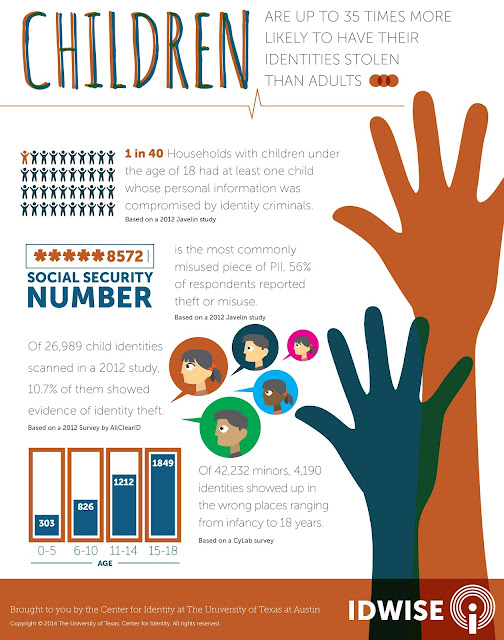 Consideration of the opinion of a child who has reached the age of ten is mandatory, except in cases where this is contrary to his interests. In cases provided for by the RF IC, the guardianship and guardianship authorities or the court can make a decision only with the consent of a child who has reached the age of ten years; nine0016
Consideration of the opinion of a child who has reached the age of ten is mandatory, except in cases where this is contrary to his interests. In cases provided for by the RF IC, the guardianship and guardianship authorities or the court can make a decision only with the consent of a child who has reached the age of ten years; nine0016 - have a first name, middle name and last name. The name of the child is given by agreement of the parents, the patronymic is assigned by the name of the father, unless otherwise provided by the laws of the constituent entities of the Russian Federation or is not based on national custom. The surname of the child is determined by the surname of the parents. With different surnames of the parents, the child is assigned the surname of the father or the surname of the mother by agreement of the parents, unless otherwise provided by the laws of the constituent entities of the Russian Federation. In the absence of an agreement between the parents regarding the name or surname of the child, the disagreements that have arisen are resolved by the body of guardianship and guardianship.
 If paternity is not established, the name of the child is given at the direction of the mother, the patronymic is assigned by the name of the person recorded as the father of the child, the surname - by the surname of the mother; nine0016
If paternity is not established, the name of the child is given at the direction of the mother, the patronymic is assigned by the name of the person recorded as the father of the child, the surname - by the surname of the mother; nine0016 - change your first and last name. At the joint request of the parents, before the child reaches the age of fourteen years, the guardianship and guardianship body, based on the interests of the child, has the right to allow changing the name of the child, as well as changing the surname assigned to him to the surname of another parent. If the parents live separately and the parent with whom the child lives wishes to give him his last name, the guardianship and guardianship authority resolves this issue depending on the interests of the child and taking into account the opinion of the other parent. It is not necessary to take into account the opinion of the parent if it is impossible to establish his location, deprive him of parental rights, recognize him as legally incompetent, and also in cases where the parent avoids the upbringing and maintenance of the child without valid reasons.
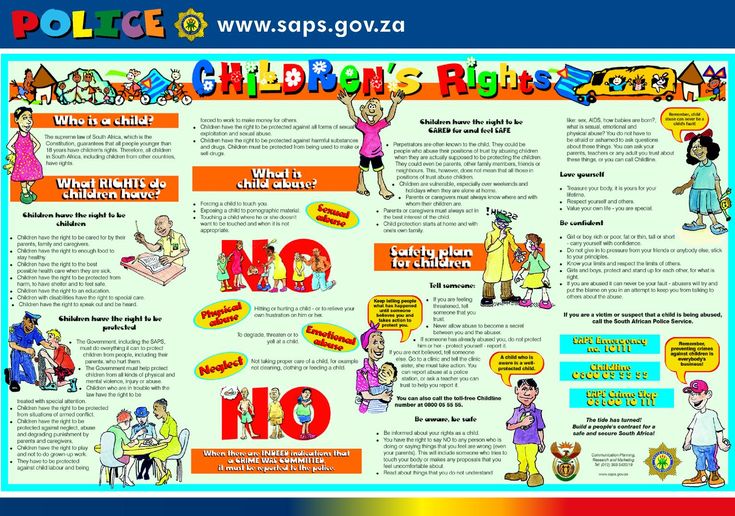 If a child is born from persons who are not married to each other, and paternity has not been legally established, the guardianship and guardianship authority, based on the interests of the child, has the right to allow changing his surname to the surname of the mother, which she bears at the time of making such a request. A change in the name or surname of a child who has reached the age of ten years may be made only with his consent; nine0016
If a child is born from persons who are not married to each other, and paternity has not been legally established, the guardianship and guardianship authority, based on the interests of the child, has the right to allow changing his surname to the surname of the mother, which she bears at the time of making such a request. A change in the name or surname of a child who has reached the age of ten years may be made only with his consent; nine0016 - receive maintenance from their parents and other family members in the manner and in the amount established by Section V of the RF IC (property rights of the child). Amounts due to the child as alimony, pensions, allowances are at the disposal of the parents (persons replacing them) and are spent by them on the maintenance, upbringing and education of the child. The court, at the request of a parent who is obliged to pay alimony for minor children, has the right to make a decision to transfer no more than fifty percent of the amount of alimony payable to accounts opened in the name of minor children in banks.
 The child has the right of ownership to income received by him, property received by him as a gift or by inheritance, as well as to any other property acquired at the expense of the child. The child's right to dispose of property belonging to him by right of ownership is determined by Articles 26 and 28 of the Civil Code of the Russian Federation. When parents exercise their powers to manage the child's property, they are subject to the rules established by civil law regarding the disposal of the property of the ward (Article 37 of the Civil Code of the Russian Federation). The child does not have the right to own the property of the parents, the parents do not have the right to own the property of the child. Children and parents living together may own and use each other's property by mutual agreement. In the event of the emergence of the right of common property of parents and children, their rights to possession, use and disposal of common property are determined by civil legislation.
The child has the right of ownership to income received by him, property received by him as a gift or by inheritance, as well as to any other property acquired at the expense of the child. The child's right to dispose of property belonging to him by right of ownership is determined by Articles 26 and 28 of the Civil Code of the Russian Federation. When parents exercise their powers to manage the child's property, they are subject to the rules established by civil law regarding the disposal of the property of the ward (Article 37 of the Civil Code of the Russian Federation). The child does not have the right to own the property of the parents, the parents do not have the right to own the property of the child. Children and parents living together may own and use each other's property by mutual agreement. In the event of the emergence of the right of common property of parents and children, their rights to possession, use and disposal of common property are determined by civil legislation. nine0016
nine0016
Forms of protection of the rights of the child in the Russian Federation
Protection of the rights of the child in the administrative order is carried out by law enforcement agencies and guardianship and guardianship agencies. The first ones include:
- Prosecutor's Office,
- Internal affairs bodies.
The prosecutor, protecting the rights of children, uses the following methods:
- filing a claim for deprivation of parental rights, restriction of parental rights, for the cancellation of the adoption of a child; nine0016
- submission to the court, guardianship and guardianship of an application demanding the restoration (recognition) of the violated (disputed) right of the child;
- directly participating in the consideration by the court of cases on the protection of the rights of the child;
- introduction of a warning about the inadmissibility of violations of the rights of the child in the future and submissions on the elimination of violations of the law;
- appeal against acts of other administrative bodies directly related to the protection of children's rights (if there are grounds provided for by law.

Internal affairs bodies participate in the enforcement of decisions related to the removal of a child, as well as in the search for persons who evade the execution of court decisions in disputes related to the upbringing of children. Also, police departments carry out individual preventive work with families in which the rights of the child are violated; with parents who do not perform or improperly perform their duties for the upbringing, education or maintenance of minor children; participate in revealing the facts of violation of the rights of the child in the family; in necessary cases, they prepare cases on deprivation and restriction of parental rights. nine0003
The protection of the rights of the child in the family is also within the competence of the commission on the affairs of minors and the protection of their rights. According to Article 11 of the Law “On the Fundamentals of the System for the Prevention of Neglect and Juvenile Delinquency”, the duties of these commissions include:
- filing a lawsuit in court for deprivation and restriction of parental rights;
- implementation of measures to protect and restore the rights and legitimate interests of the child, identify and eliminate the causes and conditions that contribute to their neglect, homelessness; nine0016
- organization, if necessary, of control over the conditions of upbringing, education, maintenance of minor children;
- preparation of materials submitted to the court on issues related to the protection of the rights of the child in the family.
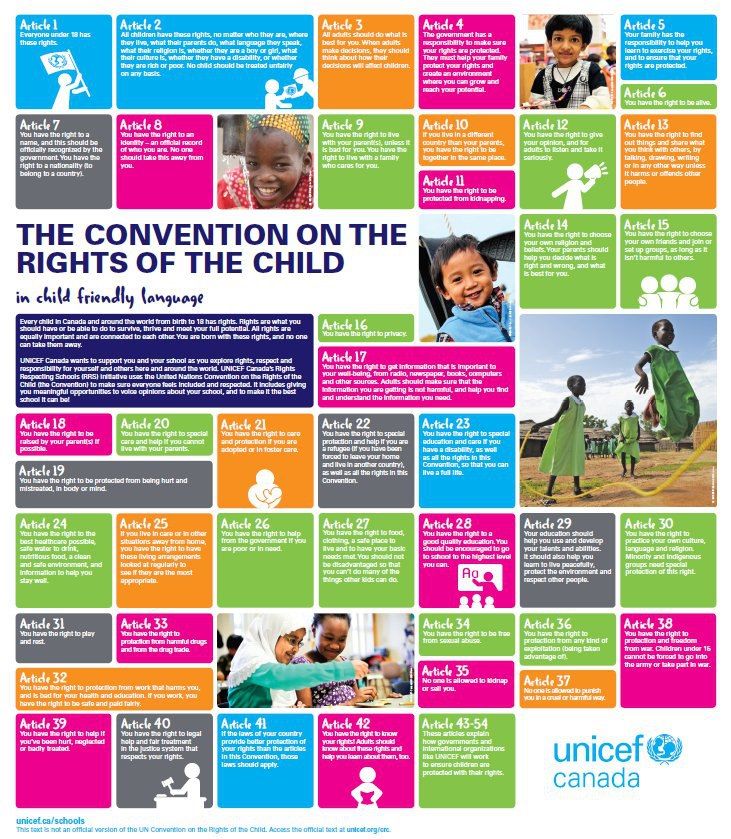
In accordance with Article 121 of the RF IC, guardianship and guardianship authorities identify children left without parental care, keep records of such children, and, based on the specific circumstances of the loss of parental care, select the forms of their placement, and also carry out subsequent control over the conditions of their maintenance, upbringing and education. In addition, guardianship and guardianship authorities: sue for deprivation of parental rights, restriction of parental rights, act as a defendant in cases of restoration of parental rights, cancellation of restriction of parental rights, give opinions on cases related to the establishment of adoption, cancellation of adoption, give opinions on disputes related to the upbringing of a child in a family, in accordance with Article 79SC participate in the execution of court decisions in cases related to the upbringing of children.
Thus, the protection of the rights of the child in court refers to cases of violation of his rights in the family, if a dispute arises about the upbringing of the child.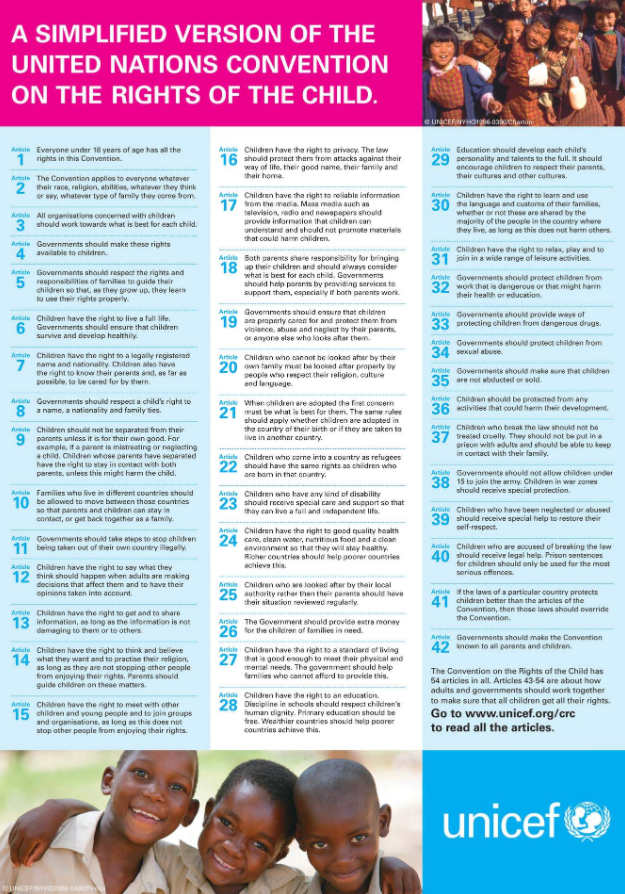
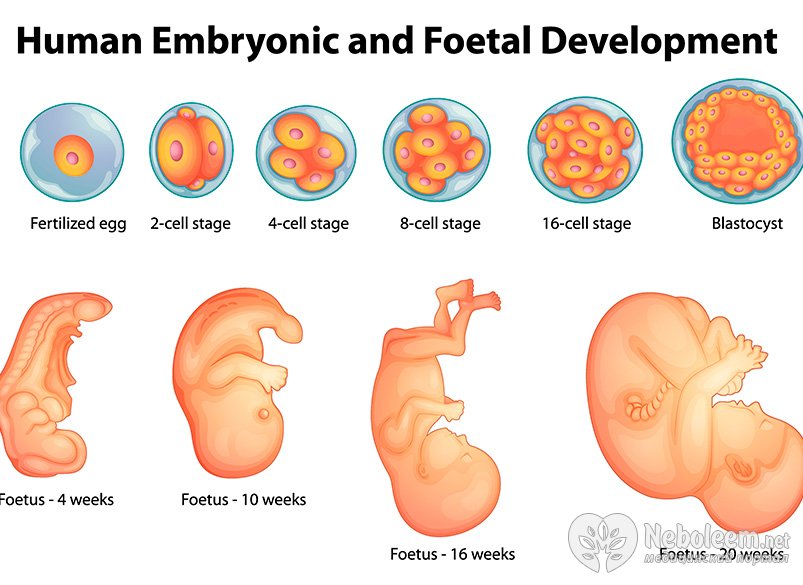

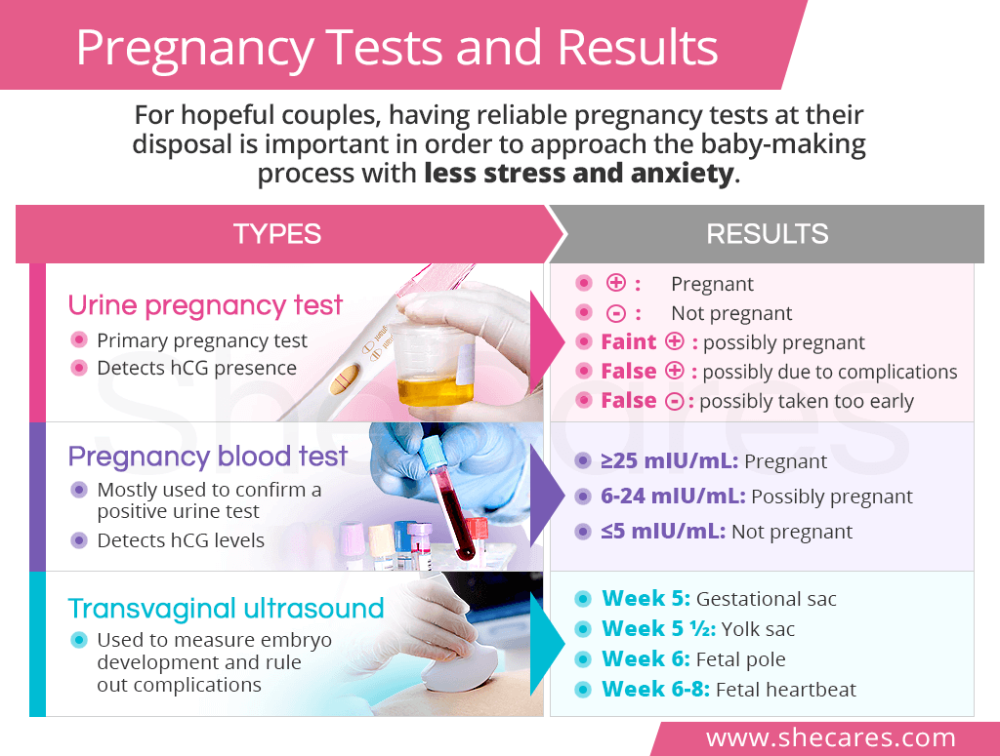
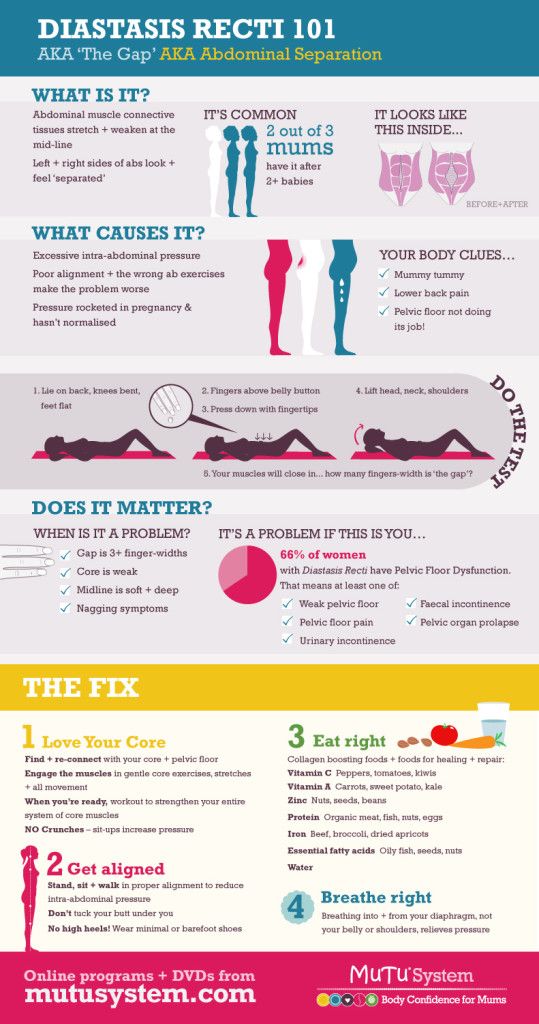
:max_bytes(150000):strip_icc()/hemorrhage-in-miscarriage-meaning-2371523-FINAL-f2ab04cab1cc491e964a45e682f93da5.png)
